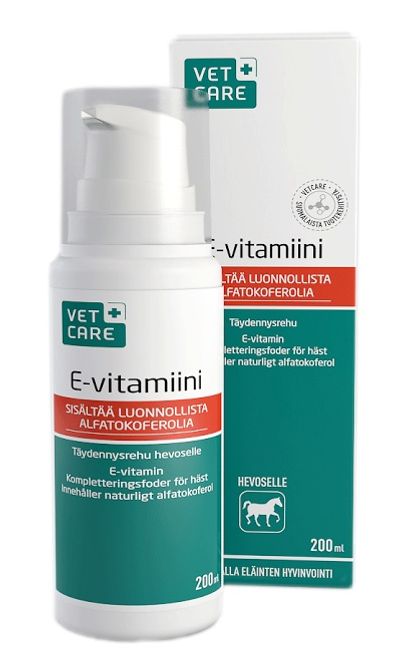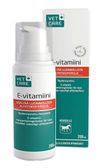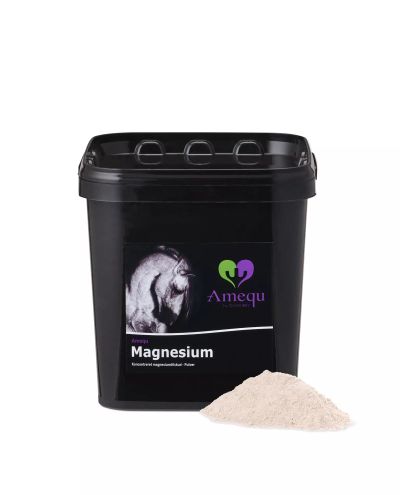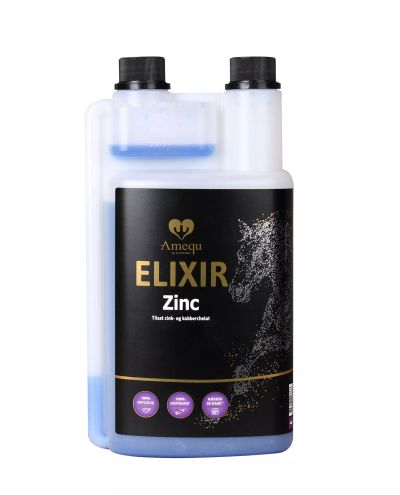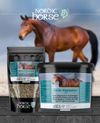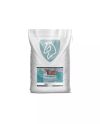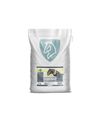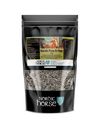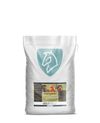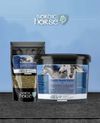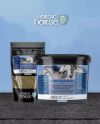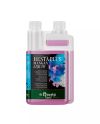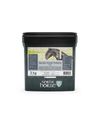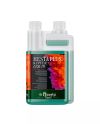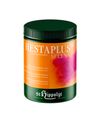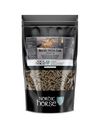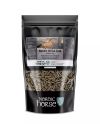$ 76.82 VAT. 13.5%
53 product
$ 45.82 VAT. 13.5%
$ 40.86 VAT. 13.5%
$ 39.62 VAT. 13.5%
$ 44.58 VAT. 13.5%
$ 54.50 VAT. 13.5%
$ 38.38 VAT. 13.5%
$ 24.74 VAT. 13.5%
$ 19.78 VAT. 13.5%
$ 45.82 VAT. 13.5%
$ 59.46 VAT. 13.5%
$ 65.66 VAT. 13.5%
$ 49.54 VAT. 13.5%
$ 42.10 VAT. 13.5%
$ 91.70 VAT. 13.5%
$ 59.46 VAT. 13.5%
$ 61.94 VAT. 13.5%
$ 68.14 VAT. 13.5%
$ 91.70 VAT. 13.5%
$ 59.46 VAT. 13.5%
$ 56.98 VAT. 13.5%
$ 99.14 VAT. 13.5%
$ 59.46 VAT. 13.5%
$ 97.90 VAT. 13.5%
You have viewed 24 / 53 product
High-quality vitamins, minerals and trace elements are important parts of healthy nutrition for horses. Providing the horse with high-quality vitamins and trace elements is important for maintaining its general health and well-being. In horse nutrition, it is important to follow a balanced diet, and often complete feed or high-quality mineral can cover a large part of the vitamins and trace elements a horse needs. However, in certain situations, such as the need for supplements or special diets, the use of supplements can be considered. Vitamins: Vitamin A: Important for the health of vision, skin and mucous membranes. Often found in hay and complete feed. Vitamin D: Affects calcium absorption and bone health. Horses can get vitamin D from sunlight, but supplements may be needed, especially if the horse is in heat during the summer and in winter in Finland, you don't get enough vitamin D from the sun. Vitamin E: An antioxidant that supports cell health and the immune system. Especially important for the health of the muscles. Vitamin C: As an antioxidant, it supports the immune system. Most horses are able to produce vitamin C themselves. More vitamin C may be needed if there are deficiencies in the horse's immune system or intestinal function. B vitamins: B vitamins, such as B1, B2, B6 and B12, are involved in metabolism and energy production. B vitamins are especially important when the horse's hair is changing. Minerals and trace elements: Calcium: Necessary for bone and teeth health and muscle function. Phosphorus: Balanced with calcium, the amount is important for bone and teeth health. Magnesium: Affects muscle and nervous system function and metabolism. Sodium and chloride: Electrolytes important for fluid balance and nervous system function. Potassium: An electrolyte that affects muscle function and the transmission of nerve impulses. If there is too much potassium in the hay, the amount of magnesium should be increased in the feed. Iron: Needed for the formation of hemoglobin, which carries oxygen in the body. Zinc: Important for the function of many enzymes and the immune system. Zinc is one of the essential trace elements for healthy skin. Selenium: An antioxidant that supports the immune system and muscle function. Copper: Needed for hemoglobin formation and connective tissue health. Iodine: Needed for thyroid hormone production and metabolism. It is important to note that the horse's diet should mainly be based on good quality hay and forage, which provide a wide range of necessary nutrients in appropriate proportions. Giving supplements may be necessary in certain situations, such as special diets or certain health problems. It is important to note that a horse's nutritional needs may vary depending on its age, purpose of use, state of health and environment. Before starting to use supplements, it is recommended to consult with a veterinarian or equine nutritionist to determine exact needs and ensure no overdoses or imbalances occur.

